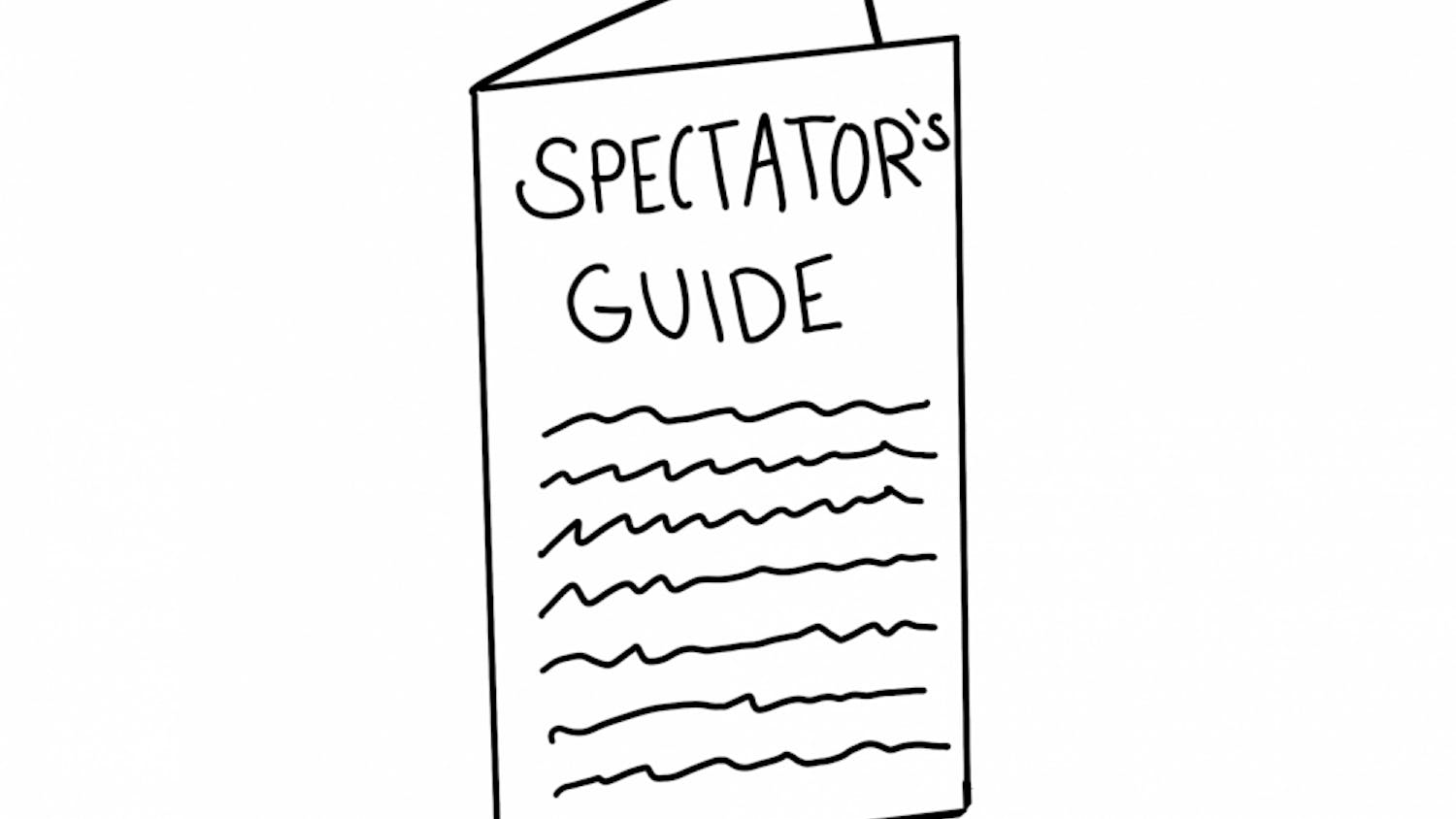“The Israeli-Palestinian conflict is an issue that is often discussed and rarely understood,” said Moriel Rothman ’11, president of the Middlebury chapter of J Street U. On Thursday, February 18, Rothman and his group invited Gershom Gorenberg to speak on campus to help students better understand this complicated international issue.
Gorenberg is the author of several books on the subject, most recently “The Accidental Empire: Israel and the Birth of the Settlements 1967-1977.” In his lecture at Middlebury, Gorenberg discussed the history of Israeli settlement as well as his belief that the current conflict can be resolved through a two-state solution. He outlined Israeli history, highlighting the Zionist movement after World War II, the Six Day War of 1967, and the theological and historical importance of the land where Israel and Palestine are today.
“Gershom’s perspective brought a degree of nuance, reasonable criticism and perspective on both sides of the issue,” said Rothman, who was very pleased with the turnout of the event. He added, “It is inspiring to see how many people came.”
Many students in attendance came in affiliation with J Street U or as members of international politics classes, but still others came out of simple curiosity, hoping to educate themselves on the issue.
“I didn’t really know about [the conflict] when I walked in,” said Tik Root ’12. “I took this more as an informative lecture rather than something to inform my opinion from.”
When asked what she was hoping to gain from the lecture, Maddy Boston ’13 said, “I feel like the Israeli-Palestinian conflict is something important kids our age should know about, and I don’t know as much about it as I would like.”
There were also many non-students in the audience, such as local residents who are members of Havurah: the Addison County Jewish Congregation. The Middlebury and Havurah communities work closely together: Rabbi Ira Shiffer, associate chaplain and rabbi, is also the educational director at Havurah, and many Middlebury students volunteer there as Hebrew school teachers.
After introducing some background information on the conflict, Gorenberg discussed the current relevance of the situation to the current foreign policy of the United States. He believes it is essential for the United States to play a strong role in peace agreements between Israel and Palestine. He acknowledged that Obama’s demand to stop Israeli settlement in the West Bank and Gaza strip was reasonable, but criticized his failure to directly appeal to Israeli citizens. Gorenberg made reference to Obama’s address to the Arab world last June in Cairo, lamenting the fact that Obama has only appealed to the Islamic population and has not yet addressed the Israeli public.
To conclude his speech, Gorenberg proposed that a two-state solution is the key to resolving the current settlement conflict. He conceded that this arrangement is idealistic, and the reality of reaching this goal is challenged by the mistrust that Israel and Palestine have for each other, further complicated by the internal divisions within each country.
J Street U invited Gorenberg to campus to further its goal of promoting peace through education, by educating the Middlebury community “in a way that is nuanced enough to encompass the complexities of the situation, to foster discussion, and to gain support for the eventual two-state solution,” said Rothman. After a short question-and-answer session following Gorenberg’s speech, Dana Auditorium slowly emptied, but discussion surrounding the conflict continued among audience members.
Upon exiting, Molly Farber ’10 said, “I thought it was very informative and gave a good overview of the history of the conflict without any sensationalism.”
Gorenberg offers solution to Israeli conflict
Comments



